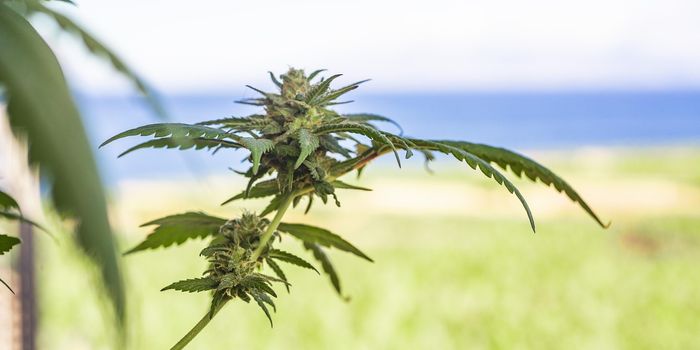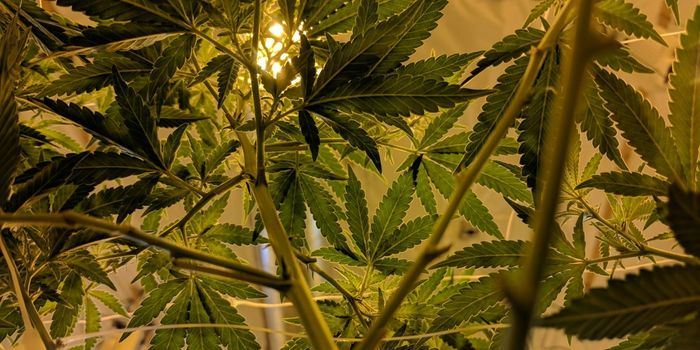"Psychoactive" Semantics of Cannabinoids
I recently read an article which I got me thinking about the terminology we use in medicine versus everyday language. There are certain terms used to commonly describe the activity of medicinal marijuana and its related cannabinoids and terpenes. While the concept is not new for neuroscientists and others in the field of medicine, the discussion has not affected much change. The language of medicine is considered by many to be like other foreign languages; the vocabulary is formed from Greek and Latin word parts, eponyms, acronyms, and modern language combined. It is also built to be devoid of subjective interpretation. The focus is on precise word choice which is used to provide consistent meaning regardless of who is reading the information/word choices.
The word “psychoactive” uses the medical combining form ‘psych/o’ = mind, and the modern word ‘active’ = engaged in or causing activity or change/capable of exerting influence. The term “psychoactive” is commonly used with regard to cannabis compounds and their physiological effects. Most articles, from peer-reviewed to blog, link tetrahydrocannabinol, or THC, with this word; alternatively, writers add a prefix that implies negation or absence regarding other cannabinoids. The most common example is to say, “Of the cannabinoids found in marijuana, THC is the psychoactive component and cannabidiol is a non-psychoactive component”
What is this really saying? The term “psychoactive” is defined by medical dictionaries and neuroscientists as “affecting the mind and behavior” as provided above in the medical terminology reminder. This strict definition is called a denotation. Medical language relies on denotation for accuracy and uniformity.
Dr. Adie Poe, neuroscientist with Washington University in St. Louis, has said, “…any substance that exerts its effects by directly impacting brain activity is considered to be psychoactive”. Dr. Ethan Russo, a neurologist and psychopharmacology researcher, has written about the myths surrounding cannabis and indicated that “CBD is frequently mischaracterized in comparison to THC…” Dr. Russo is referring to the fact that CBD has been proven to have a positive effect on the mind and behavior in numerous medical conditions including anxiety, neuropathies, schizophrenia, addiction, and others. So, CBD is psychoactive but in a beneficial, helpful, non-mind-altering way. More accurate descriptors for CBD have been suggested to include words like non-intoxicating or non-impairing.
Another tool to discern meaning, in addition to denotation, is connotation. The term "psychoactive" has come to have a negative connotation which says something about its use and application in society; the term marijuana for many is synonymous with the ugly side of drugs, dangerous addiction, legality concerns, and negative effects on one’s mental state (ie. links to paranoia, hallucinations, disorganized thinking, mental health problems, etc.). There is an emotional and psychological aspect to language and word choice that affects societal views and the ability to successfully convey meaning. The connotation of words goes beyond denotation to evoke feelings, thoughts, and images that affect an individual’s interpretation of that word or descriptor.
There are many cannabis compounds to learn about and vast areas of research to be done to truly help patients; work continues to identify the appropriate positive outcomes and associated negatives or risk factors to align and develop therapeutic plans for patients, diseases, and conditions. The least we can do, myself included, is get some of the words right to be accurate and not add to the potential mischaracterization of this plant’s potential.
Sources: Cannabis Clinicians, Trends in Pharmacological Sciences, Prof of Pot, Habu Health









